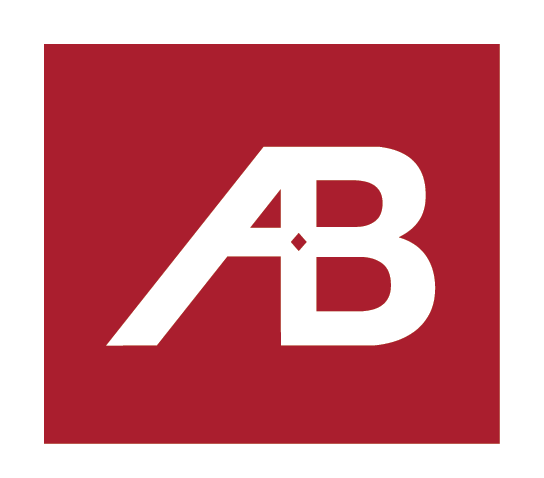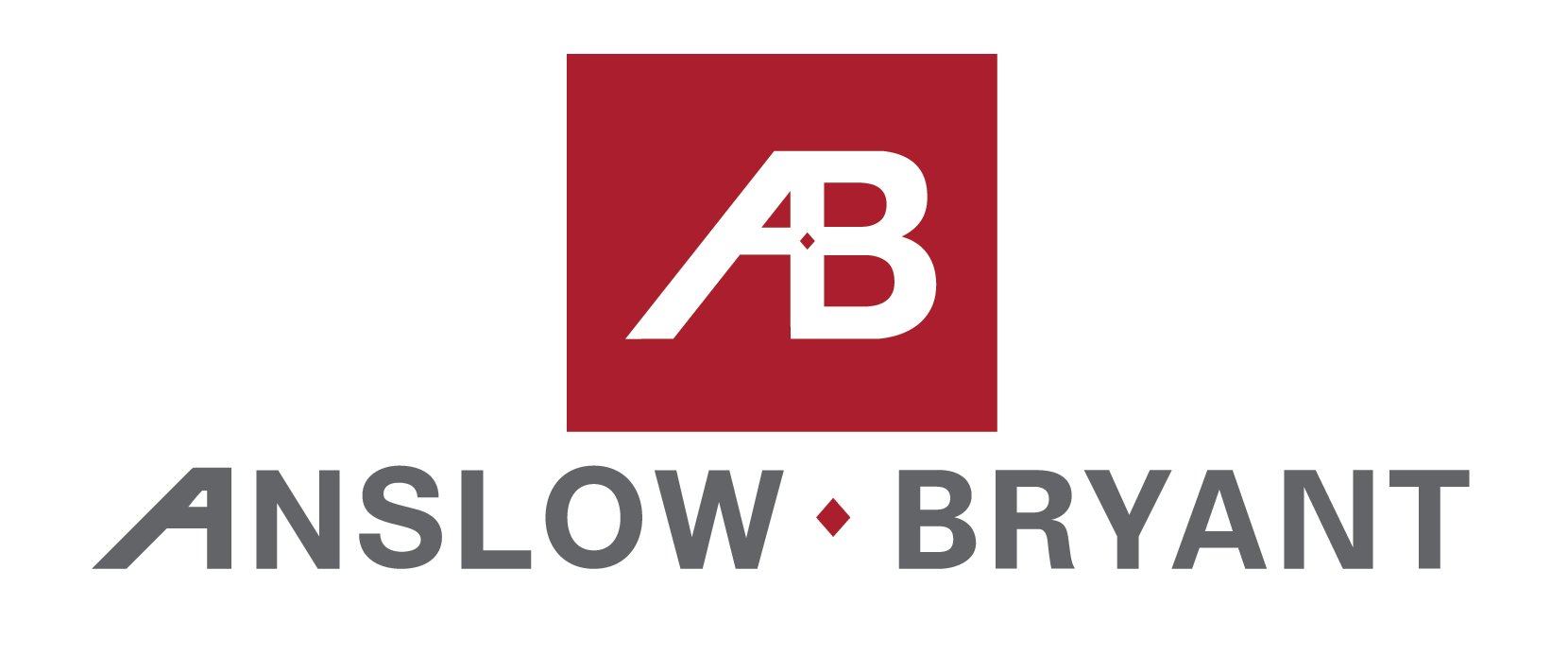Value Optimization vs. Value Engineering
Value engineering is a standard process used in the construction industry. It focuses on cutting costs by substituting or eliminating techniques and materials, which often impacts the scope of a project and affects its value. In comparison, value optimization focuses on developing a budget that meets the full range of the project. It’s part of the beginning of a construction project, balancing finances with the needs of a building.
What Is Value Engineering?
Value engineering in construction is the process of determining how to improve the value of your building project. This process often includes adjusting the scope of your project to lower its cost. Value engineers typically look for ways to substitute methods and materials for less expensive options without sacrificing quality or function. They may also cut unnecessary parts of your project.
Value engineering takes place across project planning, design and construction. While value engineering is an essential part of the planning phase, it mainly occurs during the design process.
General Electric developed the concept of value engineering during World War II. Facing a shortage of raw materials and skilled labor, engineers had to find acceptable substitutions. These substitutions ended up either reducing costs, improving the project or both. The concept has developed further since then and construction and design firms worldwide now use it.
Benefits of Value Engineering
Various industries use value engineering. Analyzing a project for ways to adjust methods and materials has numerous benefits. Some of the benefits of value engineering include the following:
- Lower costs: Value engineering analyzes every aspect of a project to find ways to cut costs. It makes substitutions to the methods, materials or fixtures, from using a less expensive technique to cutting parts that offer little to no value. These substitutions and cuts must maintain the project’s quality and functionality.
- Improved quality: A significant part of value engineering is finding ways to improve the quality of a project. Substitutions should always maintain or enhance the quality of a building. Cutting out unnecessary elements means you can allocate extra budget to more expensive components in other project areas. It may allow you to use longer-lasting materials or energy-efficient products that enhance the project’s quality.
- Reduced waste: A clear project overview can help reduce waste. You’ll only order the materials you need, reduce unnecessary labor costs and eliminate wasted time.
- Faster work: Delays are often unavoidable in construction. Value engineering lets construction teams consider alternative methods or materials to resume the project and remain close to the projected deadline.
What Is Value Optimization?
Value optimization prioritizes what you want from a building rather than the project’s budget. Anslow-Bryant coined the term “value optimization” as the process of optimizing your budget to fit the project scope instead of altering the scope to fit the budget. The focus is on creating a budget that includes all the necessary parts of the project without cutting anything out or reducing the project’s scope.
This process relies on defining value from the client’s perspective — why do they want the building, and what business outcomes are they hoping for? Once you understand this value, you can develop a project plan and budget that meets the criteria.
While it prioritizes goals, value optimization aims to develop a budget that balances your finances and what you want from the building. Since it influences how you create your budget, it’s usually one of the first steps in a project. By starting with a clear idea of what you want from your project, you can ensure you get it cost-effectively. You won’t need to cut or substitute project parts to meet the budget because you’ll have accounted for everything from the beginning.
Benefits of Value Optimization
Value optimization has numerous benefits for construction projects, including the following:
- Streamlined projects: Because you incorporate value optimization at the beginning of a project, it can streamline the entire process. You develop your project plan to ensure that suitable materials, labor and techniques are available and implemented. Scheduling material deliveries and creating a work schedule for contractors allows you to reduce delays and significantly speed up construction projects.
- Lower costs: You choose the most cost-effective materials, methods and contractors to meet the project’s requirements from the start. Doing so helps you cut unnecessary costs while developing your project plan.
- Improved value: Any construction project aims to deliver value for the investors, the people who will use it and other parties. Value optimization explicitly aims to ensure that what you want from the building is always the focus. You’ll maintain the project’s value as the budget accounts for every part of it before design or construction starts.
- Reduced waste: When you develop a detailed project plan based on the budget, you can limit your spending to the materials and labor you truly need. A thorough understanding of what you need for your project means less waste from the very beginning.
- Improved quality: Value optimization can help improve the quality of your building by adjusting the project budget to include higher-quality materials or systems where needed.
Why Value Optimization?
Value engineering is typically implemented in the design phase once you’ve developed the budget and project plan. As you reduce or eliminate parts of the project, you can alter its value. The building’s function may remain the same or close to its original intention, but it may differ from what the client initially wanted.
Alternatively, value optimization in construction starts before the project begins, identifying what you want from the building and how you define value. Understanding those factors lets you develop a budget and project plan that meet your expectations while considering your finances. Creating a project using value optimization ensures that you tailor your budget to fit your project rather than the other way around.
Partner With Anslow-Bryant for Commercial Construction in Houston
We believe in quality, exceeding our client’s expectations and doing it right the first time. To achieve this, we focus on creating long-lasting relationships with all our partners. Value optimization is a significant part of how we build those relationships.
Your needs and priorities for a building form the foundation of the value optimization process. Our detail-orientated team works with you to understand what you want and develop a project scope and budget that meets your requirements.
At Anslow-Bryant, our goal is to deliver quality projects that exceed your expectations. Browse our website to discover more about our commitment to quality construction, or contact us today to get started on your next project!





